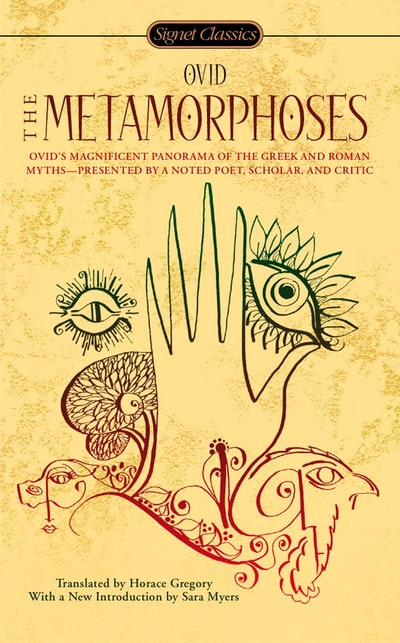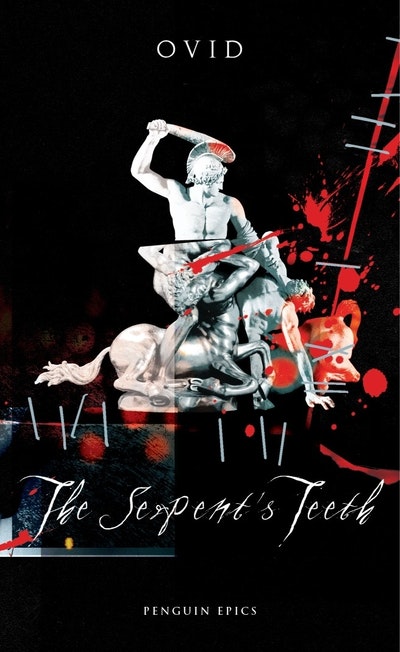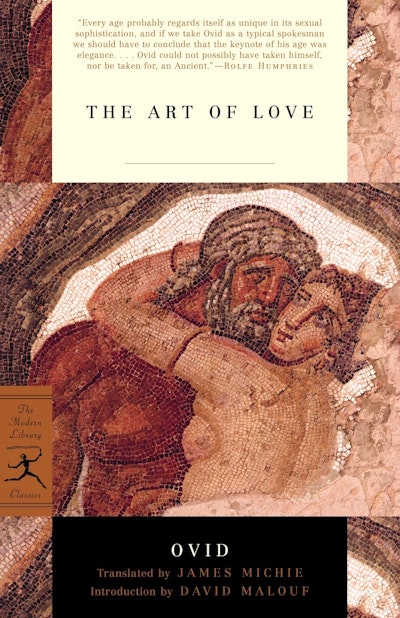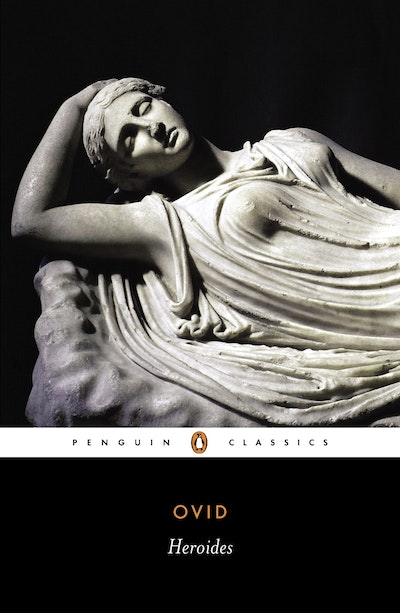[]
- Published: 3 November 2009
- ISBN: 9780451531452
- Imprint: Signet
- Format: Paperback
- Pages: 480
- RRP: $19.99
Metamorphoses
Formats & editions
Buy from…
- Published: 3 November 2009
- ISBN: 9780451531452
- Imprint: Signet
- Format: Paperback
- Pages: 480
- RRP: $19.99













